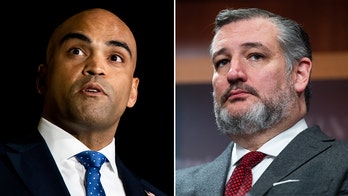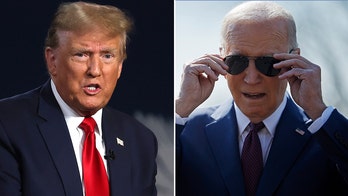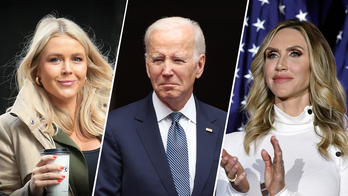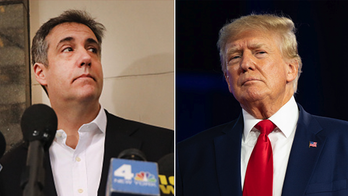Looking to avoid a repeat of the prolonged and bitter 2008 primary battle, a Democratic Party panel has recommended that the first-in-the-nation contests be pushed back in the calendar and that so-called "superdelegates" be stripped of their "super" powers.
The DNC Democratic Change Commission rolled out its recommendations Wednesday, marking the first step toward reforming the primary process -- something President Obama called for last year.
Superdelegates -- governors, senators, members of Congress and other party bigwigs -- played an unusually large role in the 2008 Democratic campaign. They are unique in that, unlike "pledged" delegates, they are not obligated to vote the way of their states and can essentially support whomever they want. Hillary Clinton started out with the bulk of the superdelegates on her side in 2008, meaning that even after Obama seized the advantage in the primary states, he still had to convince the superdelegates to drift toward him.
Democratic primaries are typically not close enough for the superdelegates to matter, but last year was an exception. The new recommendation would require those delegates to vote based on the results of their states' caucuses and primaries. A Democratic official said their votes would be allocated proportionally with other delegates' votes.
Sen. Claire McCaskill, D-Mo., and Rep. James Clyburn, D-Mich., who co-chaired the commission, said the recommendation would make the process "more democratic."
"These recommendations, if approved, will make the process more democratic and offer more power to primary voters," McCaskill said in a statement.
The recommendations would also call for the first-in-the-nation contests -- Iowa, New Hampshire, Nevada and South Carolina -- to be held after Feb. 1. All four of those states held their 2008 primaries and caucuses in January.
The recommendations call for all other primaries to be held after March 1. The idea is to shorten the primary calendar.
"The approved report seeks to reduce front loading of state primaries and caucuses that have extended the primary season in recent cycles," Clyburn said.
The Democratic official said the goal is to have the recommendations, if passed, in place by 2012. The official, though, noted that the party expects to "know who our candidate is for 2012," and so 2016 would be the first year when the changes could have a substantive impact on the race.




